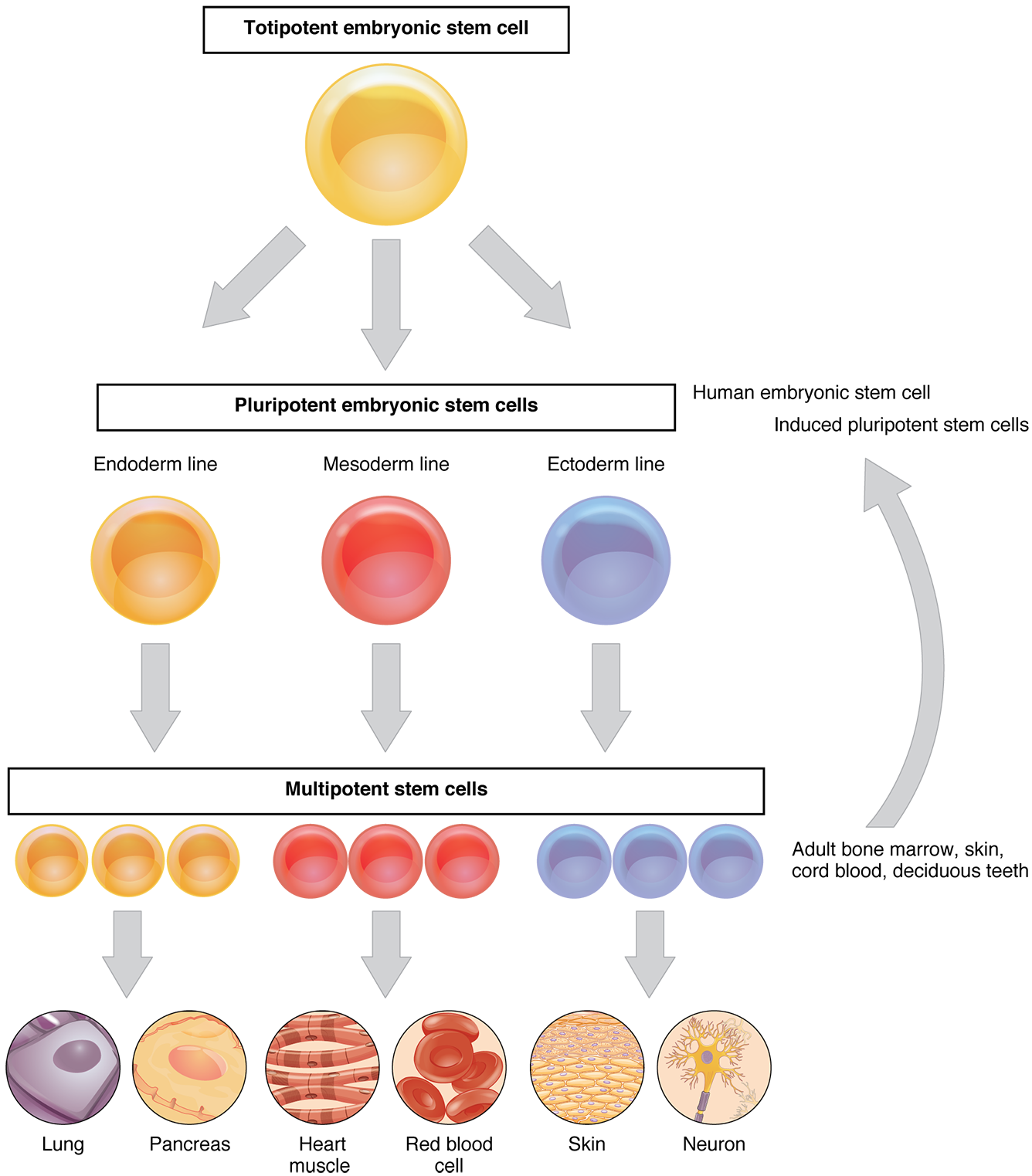A new progenitor cell has the potential for (future) liver regeneration
A new progenitor cell has the potential for (future) liver regeneration
Good news everyone! A newly discovered type of hepatic cell might hold the key to repair all those old fatty livers without needing a transplant. And not only those but also those of people suffering from side effects of medication, cancer etc etc

But let’s try not to get ahead of ourselves. A team of researchers from Kings College London led by Tamir Rashid, show in a recently published piece in Nature Communications 1 that they found a yet unknown type of progenitor cell, which they called hepatobiliary hybrid progenitor (HHyP), capable of developing into hepatocytes and bile duct epithelial cells, similarly to a stem cell. Although this cell would play a role in early fetal development, there are also some remnant cells found in adult tissue.

It has been known for long that the liver can regenerate itself after various types of damage, be it physical, or due to disease, obesity, or drug/alcohol abuse. So much so that about a quarter of the original liver can grow back to its original size. However, not even the liver is God. If the damage is persistent, scar tissue is formed within it thus preventing regeneration in a process known as cirrhosis.
Based on the similarity of HHyP cells to the progenitor cells found in mice, and implied in regeneration after injury, it would seem that these HHyP cells are the ones responsible for the human liver’s regenerative capacity.
Now that this cell population has been found, in order to be able to use it in the future as a healing agent, it would be necessary to not only find the right way to develop pluripotent (stem) cells into HHyPs but also find the way in which these are transformed into either mature hepatic cell population to be able to directly drive this change within the human body.
For that, we will have to wait some time. Until then, it is another step in the right direction. Another feat of science and another surprise. Because it doesn’t matter how much we think we know about human biology there is a chance that we will learn always something new.
References
- Segal T. et al (2019) Single cell analysis of human foetal liver captures the transcriptional profile of hepatobiliary hybrid progenitors. Nat Commun. 2019 Jul 26;10(1):3350. doi: 10.1038/s41467-019-11266-x ↩
1 comment
[…] Gaixotasunen batek saihesten ez badu, gibelak birsortzeko ahalmena duela badakigu. Mekanismo honen klabea topatu dutela dirudi. Rosa García Verdugoren A new progenitor cell has the potential for (future) liver regeneration […]